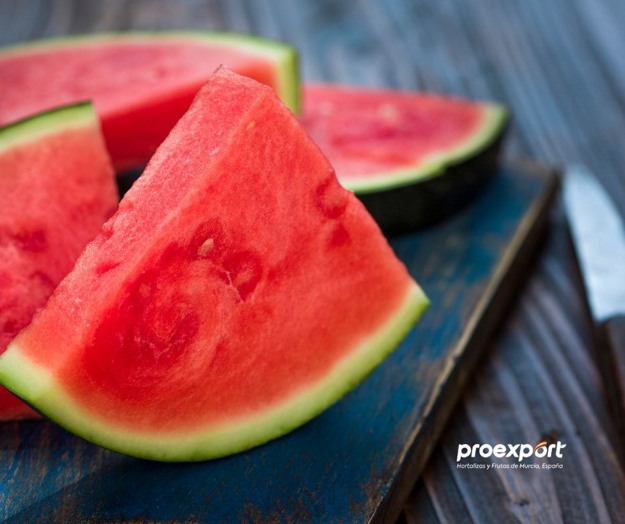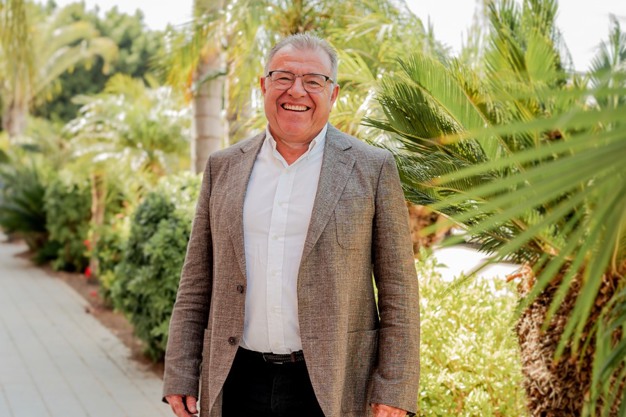Snack consumption (what is known as snacking in Spain) has experienced a notable increase in recent years, driven by changes in eating habits and the world's population's increasingly fast-paced lifestyle.
Globally, snack consumption has increased significantly, from 62.3 million tons in 2019 to approximately 68 million tons in 2023, according to an analysis by the German statistics portal Statista. This increase reflects a higher demand for food that can be consumed quickly and without extensive preparation.

Consumers are increasingly aware of their health and the impact food has on the incidence of non-communicable diseases. As a result, their perception of food has shifted from being primarily affected by taste and appearance to other factors, such as the absence of additives or preservatives, that it contains natural ingredients, or that it is free from artificial ingredients.
Germany, Europe's biggest watermelon consumer
In Europe, watermelon is the star fruit of summer. However, "we are also seeing a movement in demand outside the summer period because the varieties are improving a lot and consumers are demanding them at other times of the year," stated Juan López, Deputy President of Proexport's melon and watermelon sector.
Germany is Europe's biggest watermelon consumer, with 425,000 tons in the summer of 2023, the second-highest consumption in summer in Germany since there are records, only behind the 455,000 tons it consumed in 2019.
"There are more than 1,200 watermelon varieties worldwide, which vary in size, shape, color, and flavor. In general, Europeans prefer striped watermelon. In contrast, people in Spain prefer black watermelons," Juan López stated.

The markets might not agree on their preference, but they do agree on the lack of success of mini-watermelons. "Selling the sliced product is more effective. It allows consumers to choose the quantity they want to buy and to check the product's quality at the time of purchase. 60% of the watermelons sold in the Spanish food retail are cut," stated López.
"Watermelon is the perfect snack for all ages, especially now in summer when hydrating oneself is so important, as watermelon is more than 90% water", he stressed. "Consumers that snack watermelon don't have to choose between eating healthy and enjoying the product."
Watermelon is a good source of vitamins B, C, and E, and minerals such as phosphorus, magnesium, calcium, and iron. It also has antioxidants with anti-inflammatory and antihypertensive properties. Moreover, its natural phytochemicals, such as polyphenols, vitamin C, β-carotene, and lycopene, mediate their effect through other mechanisms such as cell growth regulation, immune system response, and modulation of gene expression.
For more information:
PROEXPORT
Ronda de Levante, 1, Entlo.
30008 Murcia - Spain
T: +34 646 27 80 50
Email: [email protected]
www.proexport.es
